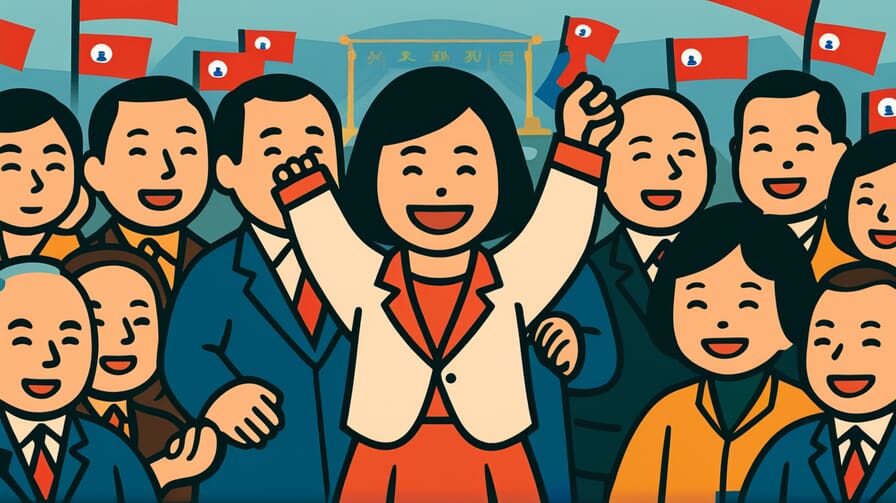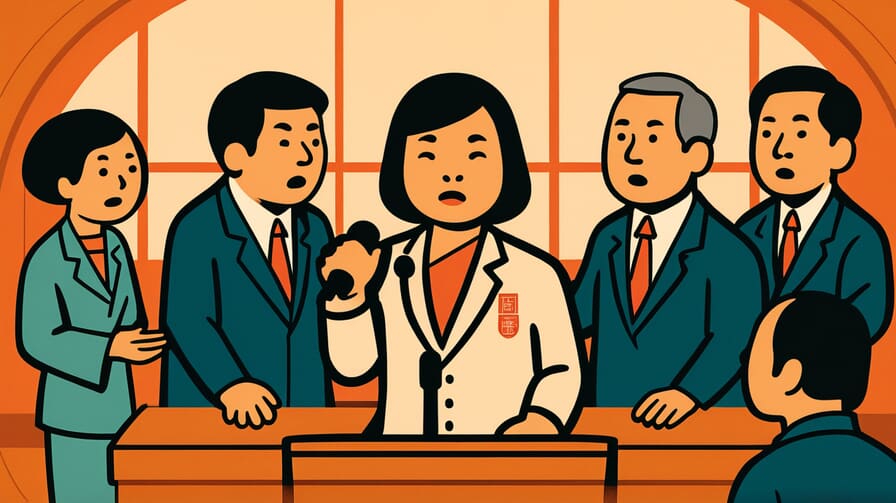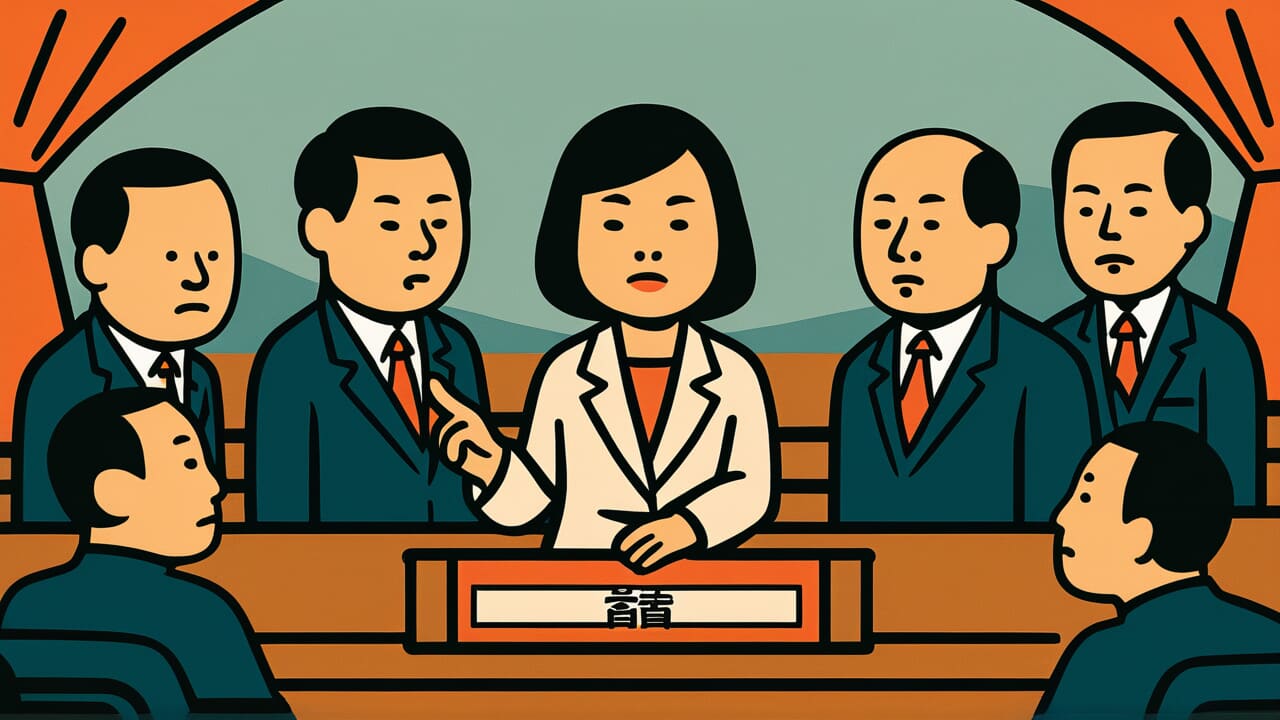[Disclaimer] This article is reconstructed based on information from external sources. Please verify the original source before referring to this content.
News Summary
The following content was published online. A translated summary is presented below. See the source for details.
A recent recall vote in Taiwan failed to remove several pro-China lawmakers from office. The recall effort targeted politicians who were seen as sympathetic to Beijing’s interests. Despite significant public debate and campaigning, the recall did not receive enough votes to succeed. This outcome has sparked discussions in Taiwan about the effectiveness of recall mechanisms and the complex relationship between Taiwan and China. Political analysts are examining why the recall failed, considering factors such as voter turnout, campaign strategies, and changing public sentiment towards cross-strait relations. The failed recall also raises questions about the future direction of Taiwan’s domestic politics and its approach to maintaining its de facto independence from China.
Source: globalvoices
Our Commentary
Background and Context

Taiwan, officially known as the Republic of China (ROC), has a complex political relationship with the People’s Republic of China (PRC). The island has been self-governing since 1949, but China claims it as a province. Taiwan’s democratic system allows for recalls of elected officials, a process that reflects the country’s commitment to political accountability. The recent attempt to recall pro-China lawmakers highlights the ongoing tension between pro-independence and pro-unification factions within Taiwan’s political landscape.
Expert Analysis
The failure of this recall vote suggests a nuanced political reality in Taiwan. It may indicate that voters are more concerned with practical governance issues than ideological stances on China relations.
Key points:
- The recall’s failure doesn’t necessarily mean widespread support for pro-China policies, but rather a complex voter calculus.
- Taiwan’s recall system requires a high threshold for success, which can make it difficult to remove officials mid-term.
- The outcome may reflect voter fatigue or a desire for political stability amid global uncertainties.
Additional Data and Fact Reinforcement
Understanding the recall process and its implications requires context:
- Taiwan’s recall law requires 25% of eligible voters to participate for the vote to be valid.
- Over 50% of those voting must support the recall for it to succeed.
- In 2020, a high-profile recall successfully removed Han Kuo-yu as mayor of Kaohsiung, showing the potential power of this mechanism.
Related News
This recall vote comes amid increasing international focus on Taiwan. Recent years have seen growing tensions between China and the United States over Taiwan’s status. Additionally, Taiwan’s successful handling of the COVID-19 pandemic has increased its global profile and bolstered domestic support for the current administration.
Summary

The failed recall of pro-China lawmakers in Taiwan demonstrates the complexity of the island’s political dynamics. While concerns about China’s influence remain significant, voters appear to be weighing multiple factors in their political decisions. This outcome suggests that Taiwan’s democracy continues to evolve, balancing ideological debates with practical governance concerns.
Public Reaction
Social media in Taiwan has been abuzz with discussions about the recall’s failure. Some express disappointment, while others argue that it shows political maturity. The hashtag #TaiwanRecallVote has been trending, with citizens debating the implications for future elections and cross-strait relations.
Frequently Asked Questions
Q: Does this vote mean Taiwan is becoming more pro-China?
A: Not necessarily. The vote reflects complex political factors and doesn’t directly indicate a shift in overall sentiment towards China.
Q: Can another recall be attempted soon?
A: Taiwan’s laws typically restrict how often recall votes can be held against the same official, to prevent abuse of the system.
Q: How might this affect Taiwan’s upcoming elections?
A: The failed recall could influence campaign strategies and voter priorities in future elections, potentially shifting focus to local issues over cross-strait relations.


